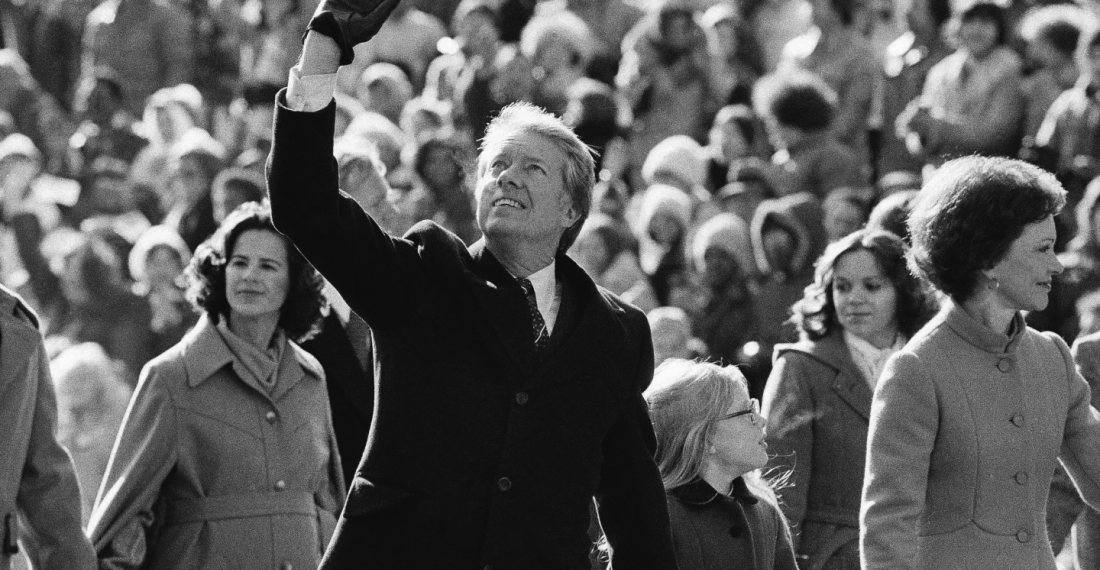Jimmy Carter the 39th president of the United States, died today at the venerable age of 100.
As reactions poured in from around the world, President Joe Biden mourned Carter’s death, saying the world lost an “extraordinary leader, statesman and humanitarian.” Biden cited Carter’s work to eradicate disease, forge peace, advance civil and human rights, promote free and fair elections and house the homeless as an example for others. Biden scheduled a state funeral in Washington, D.C. for Carter on Jan. 9. Biden also declared Jan. 9 as a National Day of Mourning and ordered U.S. flags to fly at half-staff for 30 days from Sunday.
Carter governed amid Cold War pressures, turbulent oil markets and social upheaval over racism, women’s rights and America’s global role. His most acclaimed achievement in office was a Mideast peace deal that he brokered by keeping Egyptian President Anwar Sadat and Israeli Prime Minister Menachem Begin at the bargaining table for 13 days in 1978.That Camp David experience inspired the post-presidential center where Carter would establish so much of his legacy.
In fact it was Carter's work at the Carter Centre after he left office that will be remembered as his most important legacy.
source: commonspace,eu with Associated Press and agencies b#
photo: President Jimmy Carter waves to the crowd while walking with his wife Rosalynn and their daughter Amy along Pennsylvania Avenue from the Capitol to the White House following his inauguration, Jan. 20, 1977, in Washington. (AP Photo/Suzanne Vlamis, File)







